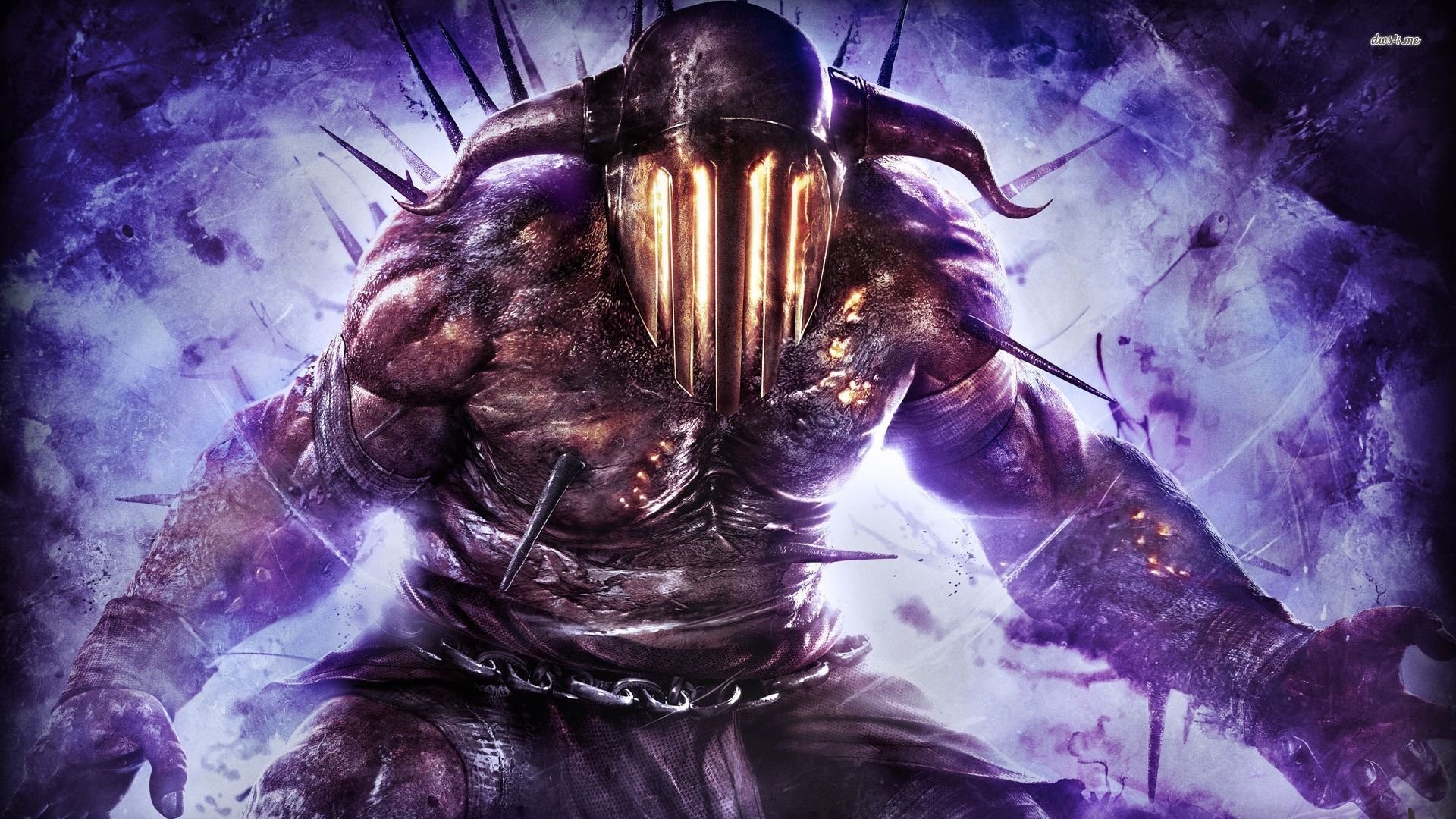

She was always staying on mount Olympus, taking care of the sacred flame. Goddess Hestia was the eldest daughter and the first child of Cronus and Rhea. The Ancients’ houses had a sanctuary in the center of them and the woman of the house had as a responsibility to keep Hestia’s flame burning. When her daughter returned to her everything blossomed once again! Every year, Ancient Athenians were celebrating this renaissance with the mystical Eleusinian festivals!Īccording to Greek mythology, Hestia was the goddess of family, home and hearth, the eternal flame that would keep the family’s home warm. She abandoned Mount Olympus and began wandering the Earth, wearing black and in silence among mortals, in search of her dear Persephone. The capture of Persephone by god Hades resulted in the demise of Demeter. Demeter and her daughter, Persephone, were central characters in the Eleusinian Mysteries and were probably deities worshiped before the shaping of the Olympians’ Pantheon. Goddess of vegetation and agriculture, she particularly protected the cereal crops and the farmers. The most famous Heraia was held in Argos, Samos and Olympia.ĭemeter was one of the greatest and oldest goddesses of ancient Greek mythology.

She was jealous of her husband and well-known for her vindictiveness! In honor of Hera, festivals were held in many cities of ancient Greece and were called Heraia. Hera was often described or portrayed holding a scepter as a symbol of sovereignty or pomegranate as a symbol of fertility. She was the goddess of marriage and the protector of women. In Greek mythology, Hera was a sister and wife of Zeus, daughter of Titans Cronus and Rhea. Every hundred years, festivities were held in his honor. Black animals, such as sheep, were sacrificed in his honor. When the Greeks were praying to him, they clapped their hands on the ground to make sure he heard them. For many, just mentioning his name was scary. Hades was a frightening form for the living. Hades in Greek mythology was the King of the Underworld, the place down below where the souls would end up after dying. During that month, the Ancients would hold a festival in his honor, called Poseidea. Ancient Greeks had a calendar period dedicated exclusively to Poseidon which they named after him: Poseideon (between the months of November and December). Poseidon’s weapon was a trident and by striking it, he would cause natural disasters, storms, earthquakes, volcanic eruptions, etc. In Greek mythology, Poseidon was the God of the sea, earthquakes and horses. Poseidon was also the son of Titans Cronus and Rhea, and brother of Zeus. The Olympic Games in Ancient Greece were held in honor of Zeus. In the great battle that followed, known as the Titanomachy, the Olympian Gods defeated the Titans and became rulers of the world.
#Greek mythology gods free#
He grew up on the island of Crete and managed to free his siblings from Cronus' stomach when he grew up. Zeus escaped this terrible fate with the help of his mother, the Titan Rhea, who tricked Cronus. His father was the Titan Cronus who had swallowed all of his previous children in fear of being overthrown. He was actually the youngest of his siblings. He was the supreme deity of the Ancient Greek Pantheon and King of Olympus. Zeus was the God of the sky and lightning.


 0 kommentar(er)
0 kommentar(er)
